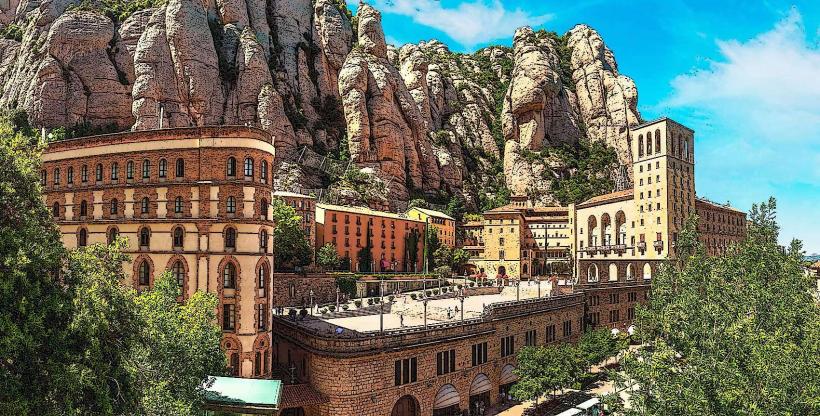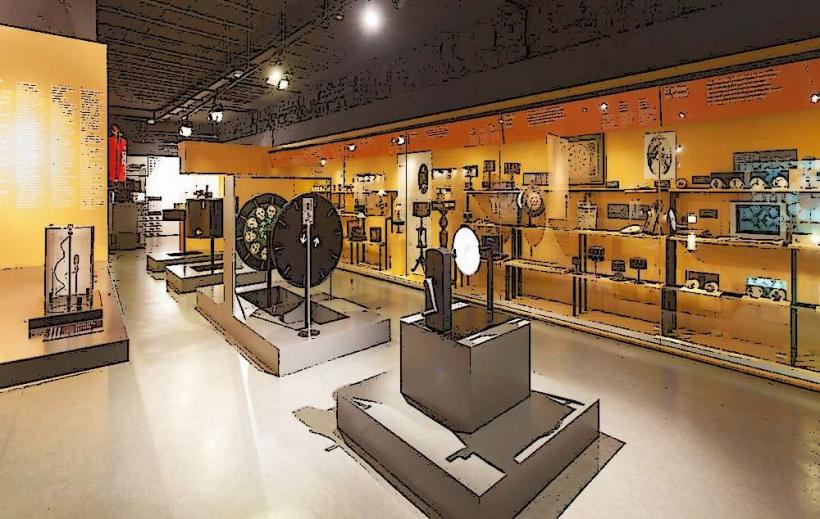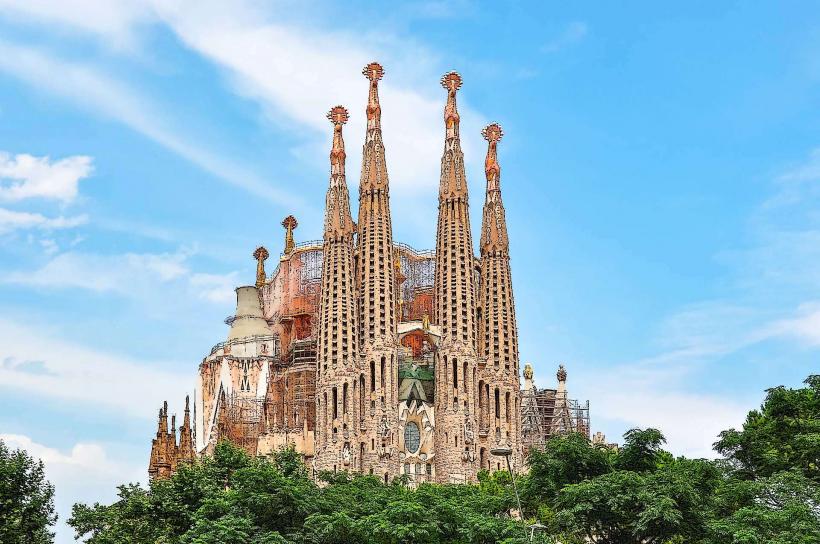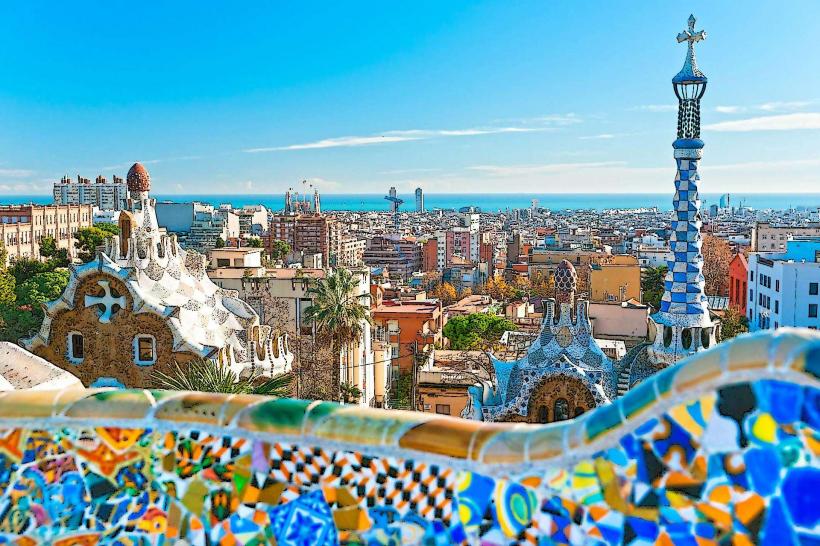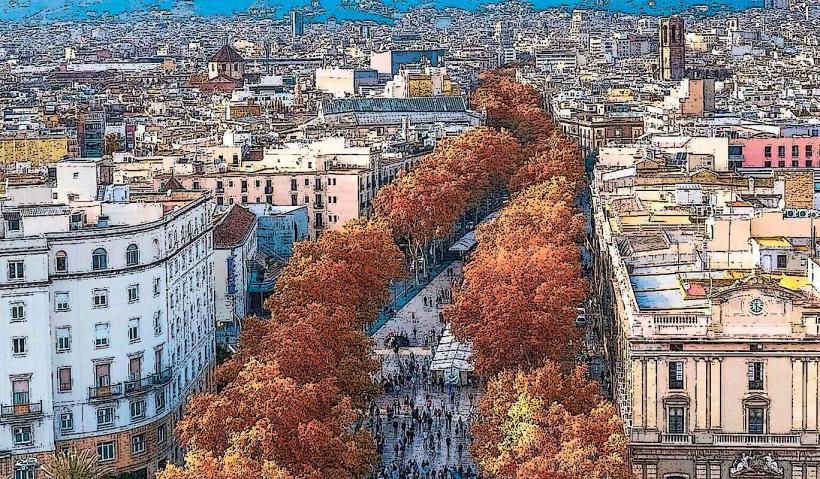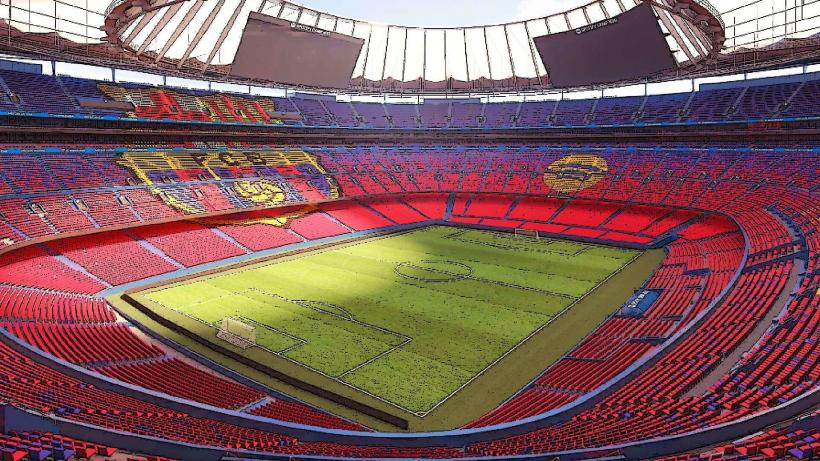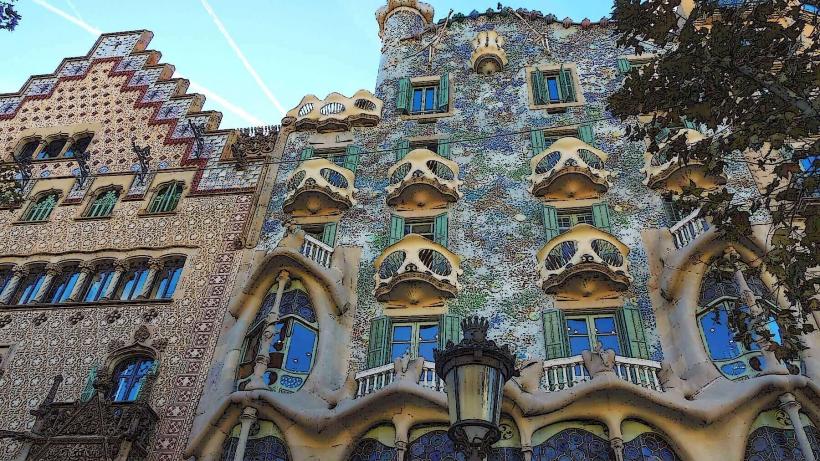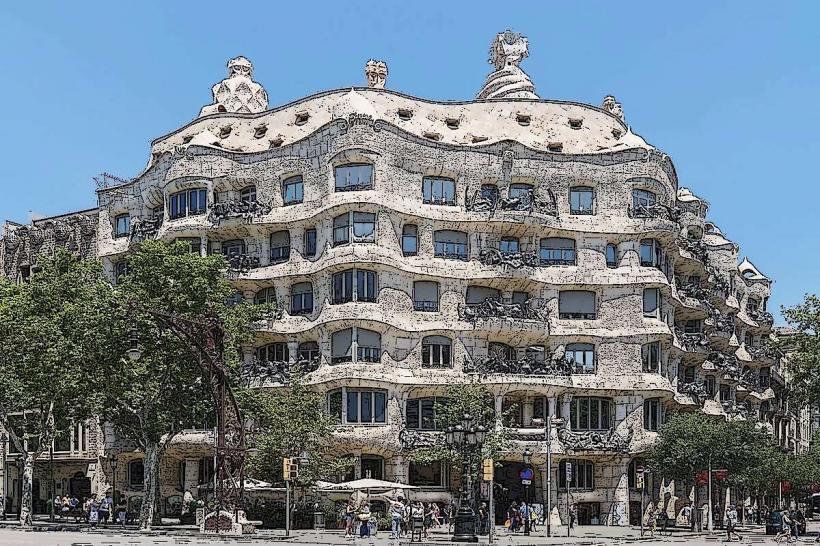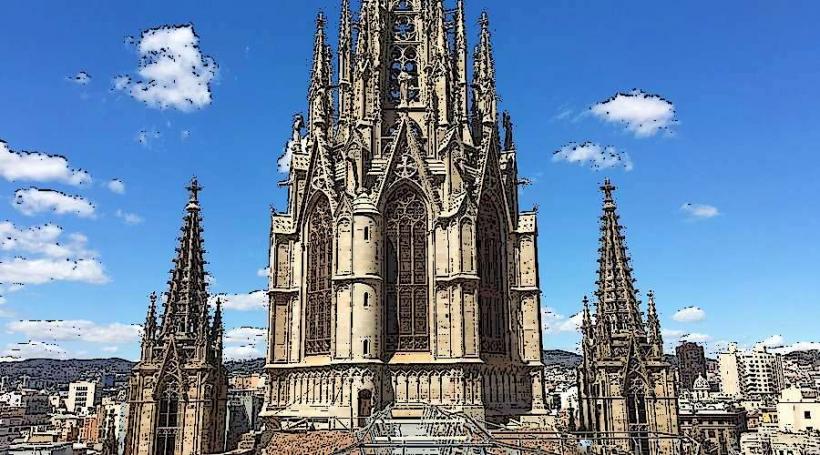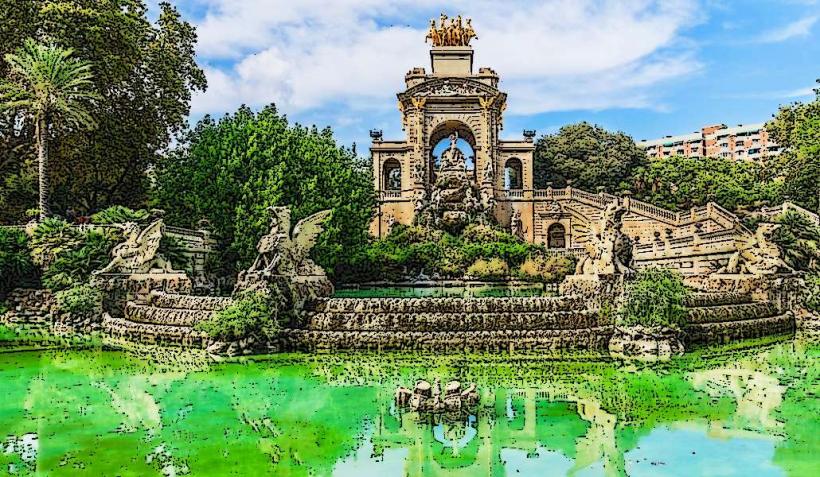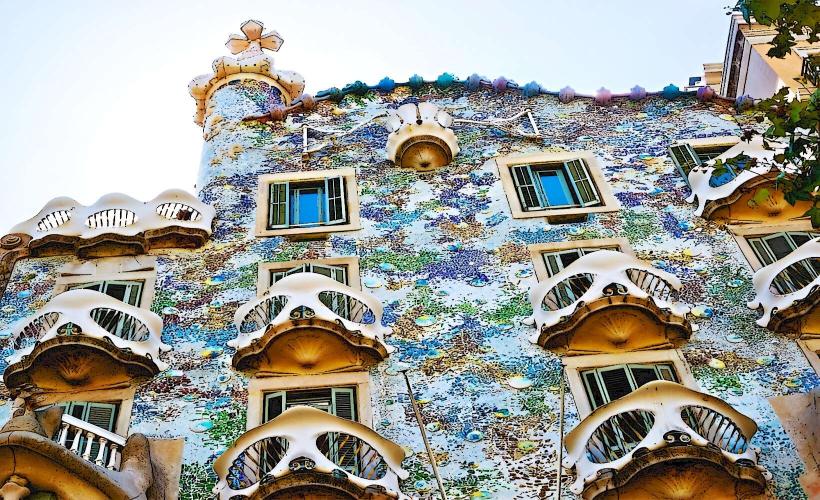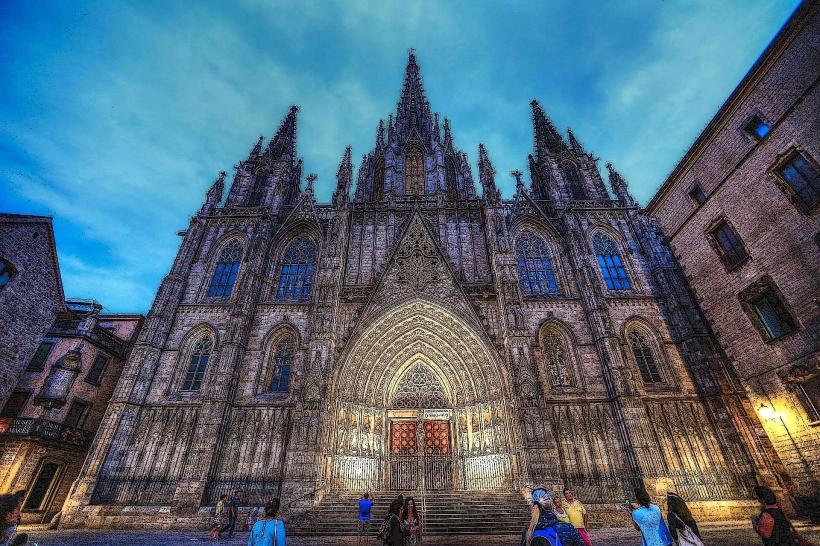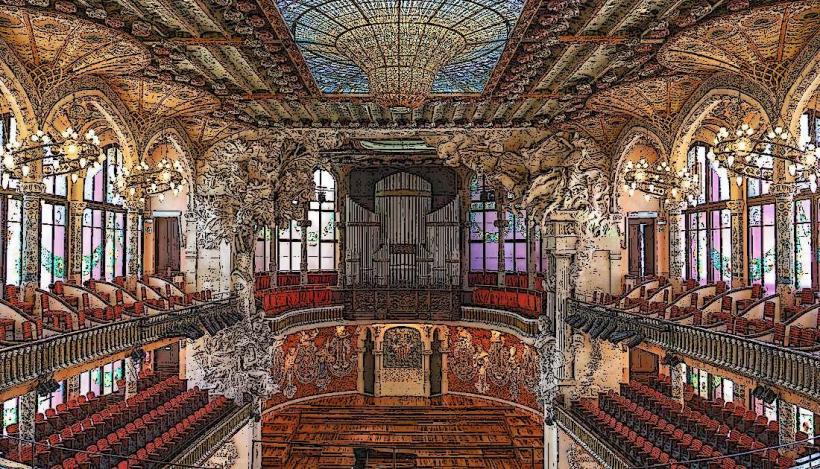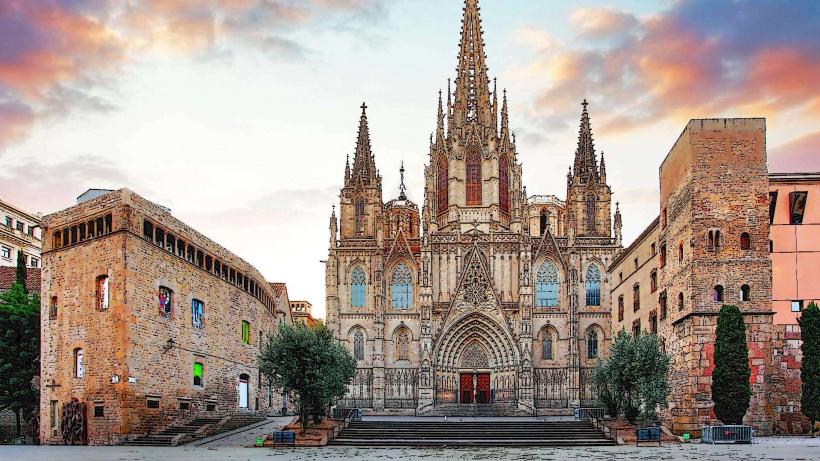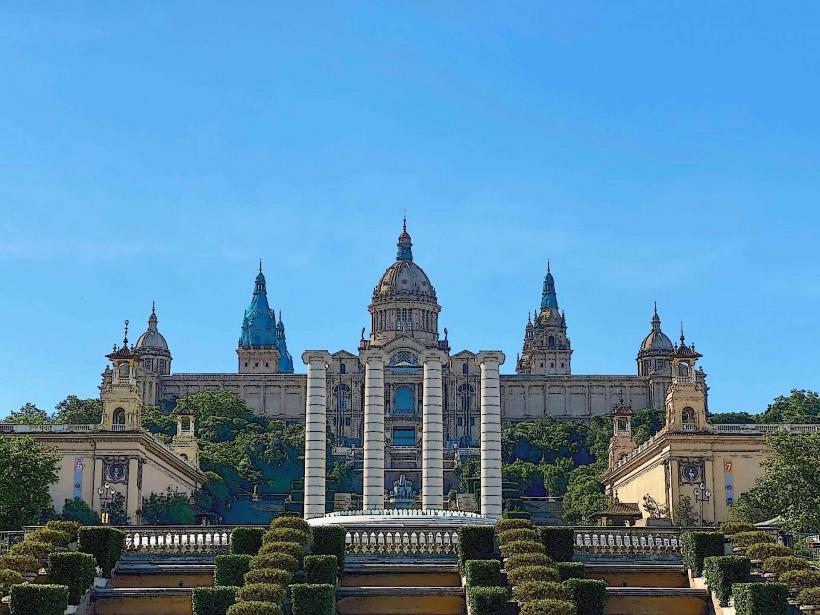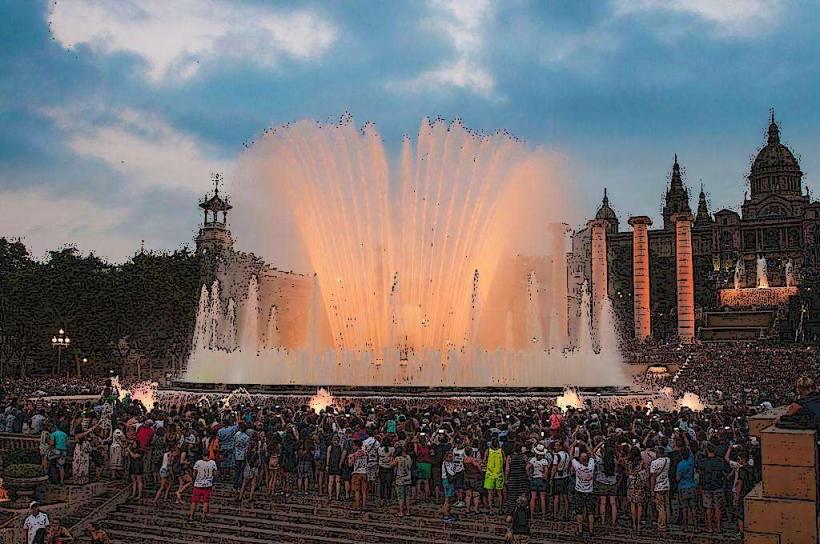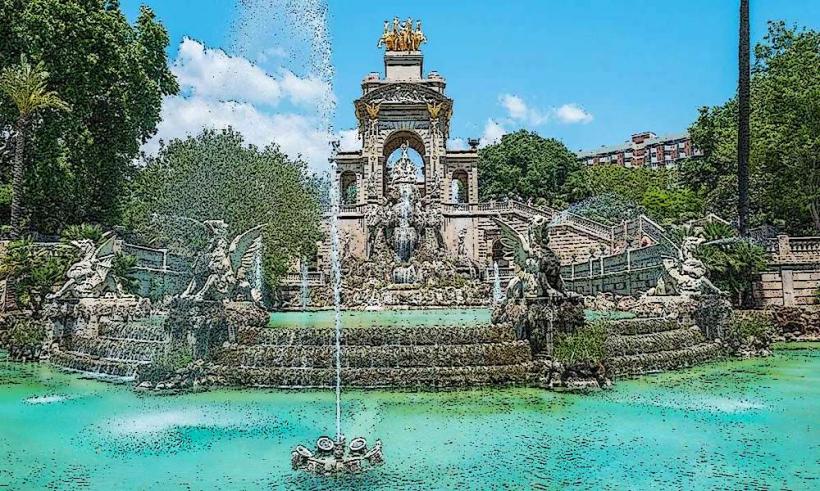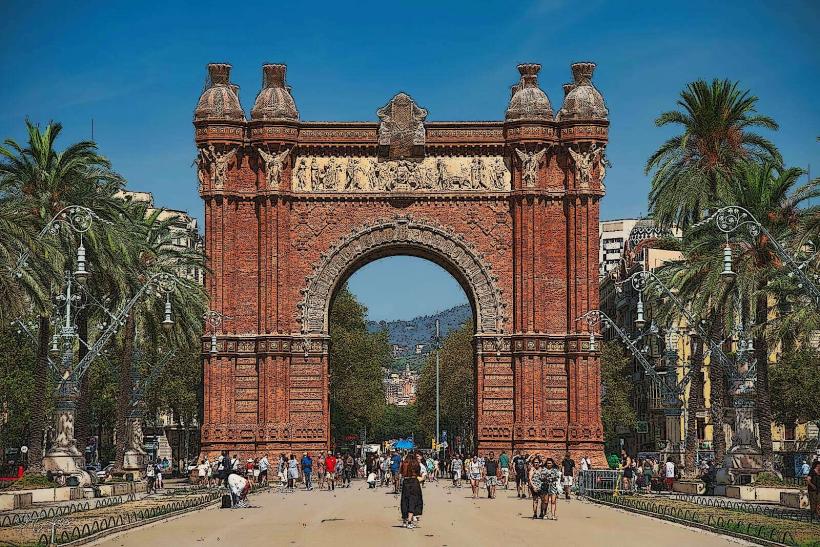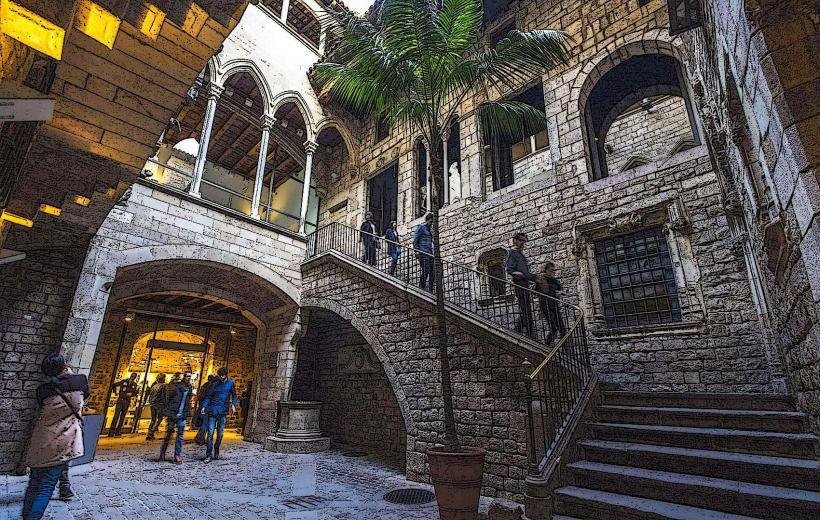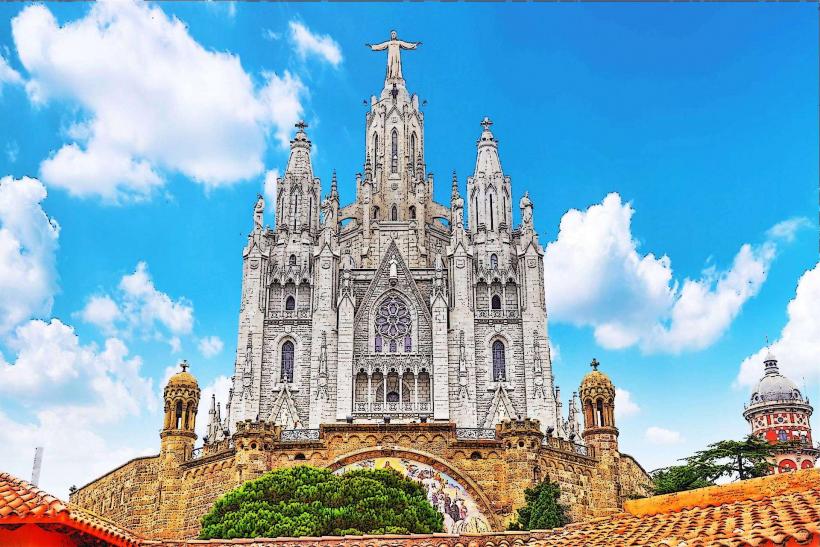Information
Landmark: Museo del ChocolateCity: Barcelona
Country: Spain
Continent: Europe
Museo del Chocolate, Barcelona, Spain, Europe
The Museu de la Xocolata (Chocolate Museum) is a private museum in Barcelona owned by the Gremis de Pastisseria de Barcelona (the city's pastry-makers' guild). It is located in the former Saint Agustí monastery.
Visual & Structural Characteristics
The museum is housed in a historic 18th-century building featuring high vaulted ceilings and stone masonry.
Chocolate Sculptures: The primary visual draw is the collection of large-scale chocolate replicas of iconic buildings (Sagrada Família), characters (Don Quixote, Asterix), and cultural icons.
Entrance Ticket: The admission ticket is a functional chocolate bar with a barcode for entry.
Location & Access Logistics
Address: Carrer del Comerç, 36, 08003 Barcelona.
Transport:
Metro: L1 (Station: Arc de Triomf) or L4 (Station: Jaume I).
Bus: Lines 39, 40, 42, 45, 51, 120, H14, V15, V17.
Access: Located at the edge of the El Born neighborhood, near Parc de la Ciutadella.
Historical Context & Purpose
The museum details the history of chocolate in Europe, focusing on its arrival in Spain via the port of Barcelona and its evolution from a medicinal drink to a confection. It also highlights the city's long-standing tradition of artisanal pastry making.
Key Highlights
The Sculpture Gallery: A permanent exhibition of complex chocolate art.
Interactive Workshops: Offers chocolate-making classes for children and adults (requires separate booking).
Cafeteria: Specializes in traditional Catalan "chocolate a la taza" (thick hot chocolate) and artisanal pastries.
Infrastructure & Amenities
Hours: * Monday – Saturday: 10:00 – 19:00.
Sunday & Public Holidays: 10:00 – 15:00.
Admission: Approximately €6.00 for adults; free for children under 7.
Connectivity: Excellent 5G/4G coverage.
Accessibility: The museum is located on the ground floor and is fully wheelchair accessible.
Nearby Landmarks
Parc de la Ciutadella: 200 m East.
Arc de Triomf: 400 m North.
Santa Maria del Mar: 450 m Southwest.
Picasso Museum: 350 m Southwest.

